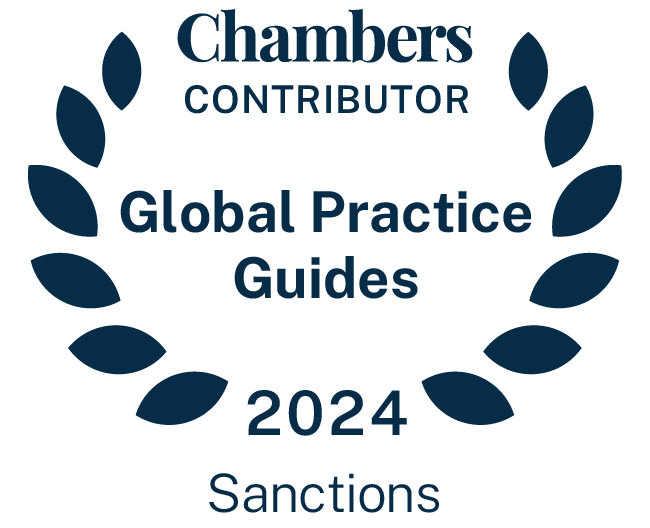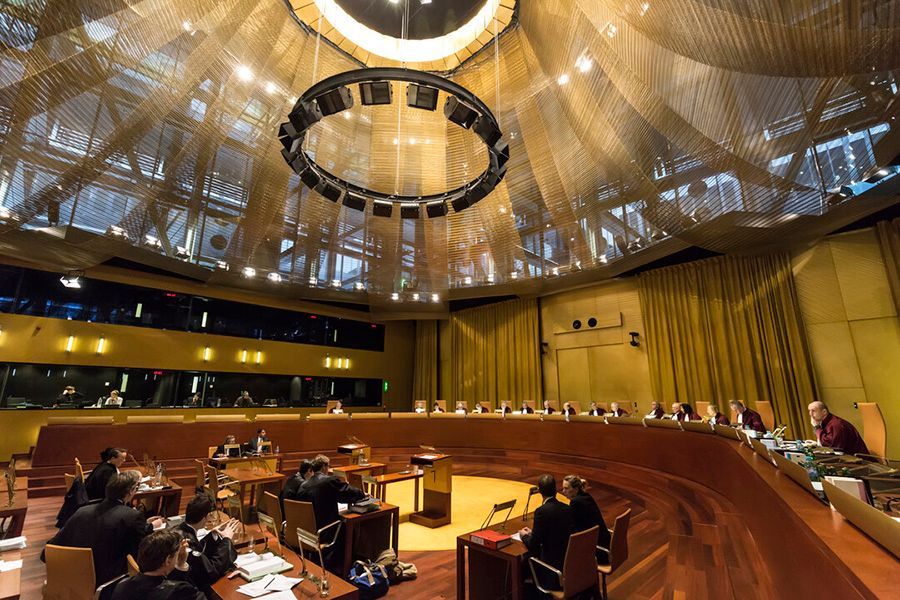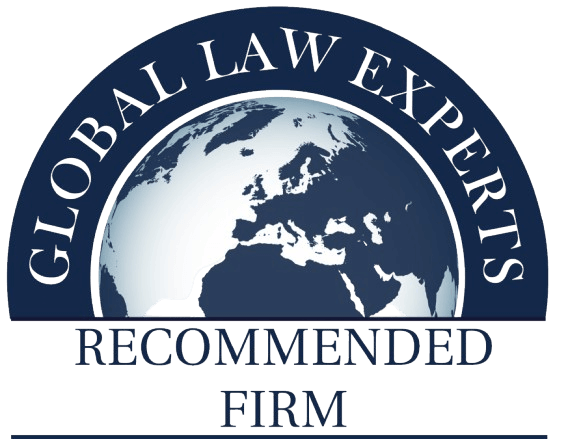Team
CONtact
Rue du Trône 98,
1050 Brussels, Belgium
+32 (0) 2 887 94 10
info@acquislp.eu

Services
EU General Court maintains Russian sanctions except for one case

Last week, the General Court of the EU (“Court”) released a set of seven significant judgments concerning the EU’s restrictive measures (sanctions) against Russia.[1] The Court has partially dismissed sanctions imposed by the Council of the EU against Alexander Shulgin, while it has maintained sanctions in the six other cases.
The judgments are particularly important as they concern individual sanctions that the EU imposed after Russia’s full-scale invasion of Ukraine, and they touch upon important aspects within the EU sanctions legal framework, including the definition of a “leading businessperson”, the notion of “association” with a listed person, and various procedural and evidentiary matters. Below is a summary of the decisions and the arguments developed by the Court.
“Leading businessperson” criterion[1]
- The term “leading” implies both the notions of “importance” and “influence”
The Court considered that the notion of “leading businessperson” should be understood as referring to “importance” and “influence”, noting that there was no requirement for an additional link either to the Russian Government or to the invasion of Ukraine.
The Court highlighted four factors to be taken into account, namely:
- professional status;
- importance of economic activities (of the person concerned and that of the company);
- extent of capital holdings; and
- functions within one or more companies.
Importantly, the Court also referred to being at the top of the ranking of the richest businessmen in Russia as a self-sufficient determining factor.
- Participation at the meeting in the Kremlin on 24 February 2022
Presence at the meeting in the Kremlin on 24 February 2022 can be taken into consideration to determine that a person is a “leading businessperson”, but it is not sufficient in itself.
- Resignation from executive roles
Unsurprisingly, the Court confirmed that resignations which occurred after the listing cannot be taken into consideration.
However, the Court also confirmed that the Council cannot solely rely on a past position to justify a listing (or a re-listing)[2]. Sufficient evidence demonstrating that the person can still be considered a leading businessperson must be provided by the Council, including links with their previous company and the ability to influence it.
- The notion of “control” over the company is irrelevant
The Court consistently rejected claims based on the absence of control exercised by the applicant over relevant Russian companies, noting that this argument has no basis in the wording of the criterion.
At the same time, the Court in several cases indicated lower significance to the existence of shareholding as such, putting more weight on the persons’ managerial function within the company.
- Identification of the sector
When identifying sectors relevant to the criterion, the Court took a wide approach: the Court considered not only the specific activities of a company but also those of its customers and counterparties.
- Definition of “substantial” source of revenue
The Court simply clarified that the revenues in question should be ‘significant’ and ‘not negligible’. The Court importantly considered both direct revenues and indirect revenues, such as those derived from taxes paid by consumers on goods and services, including VAT.
Several sectors were considered to be providing a substantial source of revenue (e.g. oil and gas, e-commerce, others).
Association with a leading businessperson
The Court confirmed that the notion of ‘association’ requires a connection through common interest, which does not necessarily entail relationships by means of economic activities. It also noted, in line with previous jurisprudence, that family ties are not in themselves sufficient.
Other procedural and evidentiary matters
- The probative value of the evidence produced by the Council
The Court was generally satisfied with the evidence provided by the Council, reaffirming that the Council can rely on publicly available sources. It was also highlighted that when the Council relied on information from a company’s website, the applicant could not complain that it was not up to date.
References:
[1] Judgement of 6 September 2023, Shulgin v Council, T-364/22, EU:T:2023:503; Judgement of 6 September 2023, Timchenko v Council, T-361/22, EU:T:2023:502; Judgement of 6 September 2023, Khudaverdyan v Council, T-335/22, EU:T:2023:500; Judgement of 6 September 2023, Pumpyanskiy v Council, T-291/22,EU:T:2023:499; Judgement of 6 September 2023, Pumpyanskaya v Council, T-272/22,:EU:T:2023:491; Judgement of 6 September 2023, Pumpyanskiy v Council, T-270/22, EU:T:2023:490; Judgement of 6 September 2023, Timchenko v Council, T-252/22, EU:T:2023:496.
[2] Criterion (g): “leading businesspersons involved in economic sectors providing a substantial source of revenue to the Government of the Russian Federation, which is responsible for the annexation of Crimea and the destabilisation of Ukraine”
[3] The Russian sanctions regime is kept under constant review and must be reviewed every 6 months: this renewal is commonly referred to as ‘re-listing’.






